
The Blog

Beyond the Numbers: Uncovering Bias in CMPD Traffic Stops
Across the country, there is a challenge in measuring racial disparities in criminal justice policy. In the United States, the most common point of interaction between its citizens and the police is through police traffic stops. When we look at the data from these stops, we can potentially find evidence of bias within our policing system…

OPINION: They Came Here Legally–Misconceptions About Asylum
Asylum petitioners are individuals who seek protection in another country because they have fled their home due to persecution or a well-founded fear of persecution. Under international law, this persecution must be based on one or more protected grounds…

The largest asset forfeiture in the DOJ's history: Wire Fraud and Money Laundering
The United States District Court for the Eastern District of New York prosecutors are charging a Cambodian national, Chen Zhi, also known as “Vincent,” and seven unnamed co-conspirators with wire fraud conspiracy and money laundering conspiracy…

Gatekeeping the Gavel: The LSAC lawsuit and structural barriers to diversity in the legal pipeline
When most think of the proposition of going to law school, one of the first concerns is regarding tuition. Law school is very expensive, and this is a fact, but the first financial hurdles occur before submission…
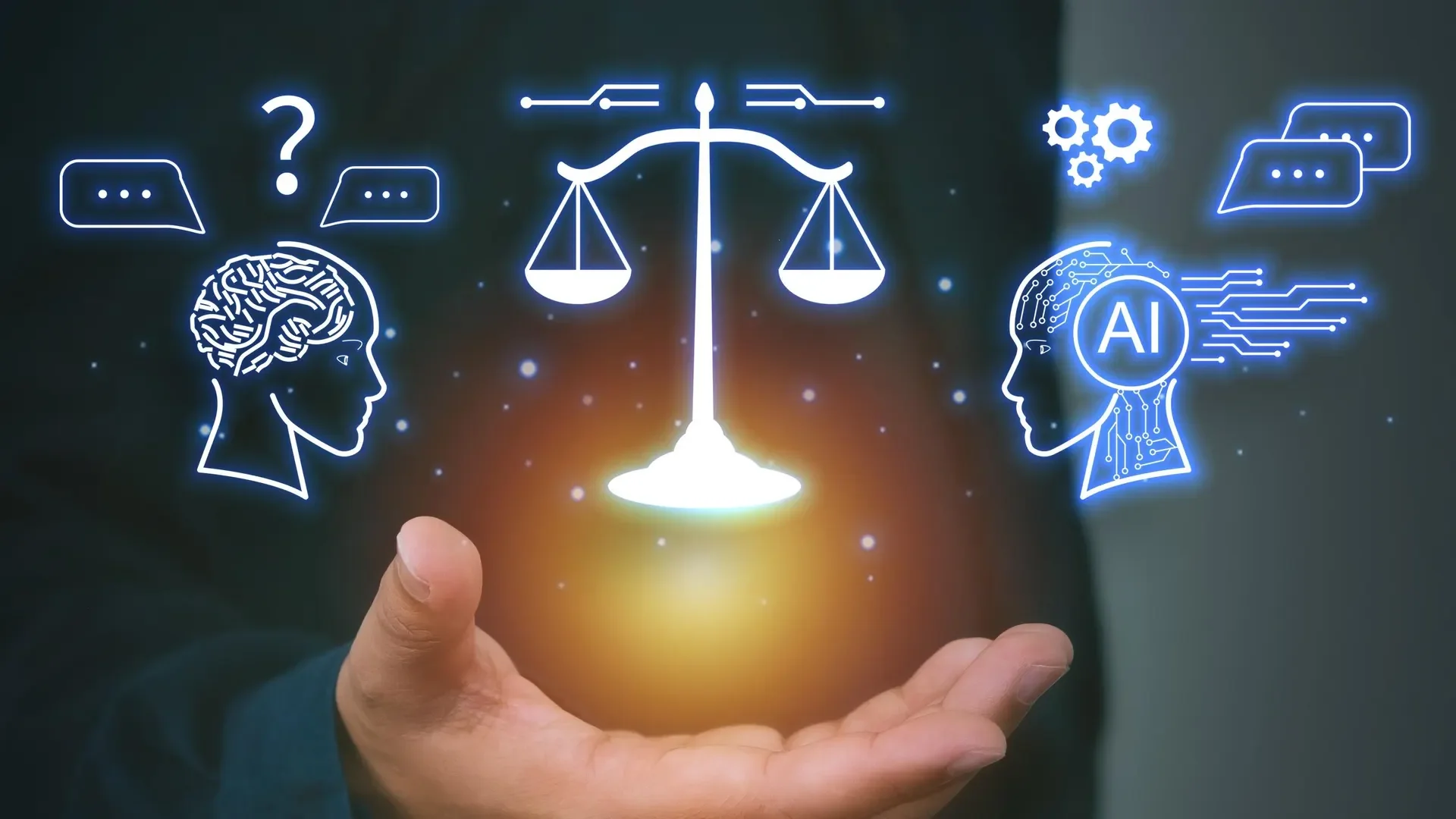
Generative AI in the Law: Issues of and Solutions to Attorney AI use in the State of New York
Generative artificial intelligence is quickly seeping into all fields of work in some capacity. The field of law is no different. Lawyers today have the opportunity to rethink how the law will be practiced in tandem with these technological developments. The advancement of generative artificial intelligence and its integration into the legal field continues to be a complex process…
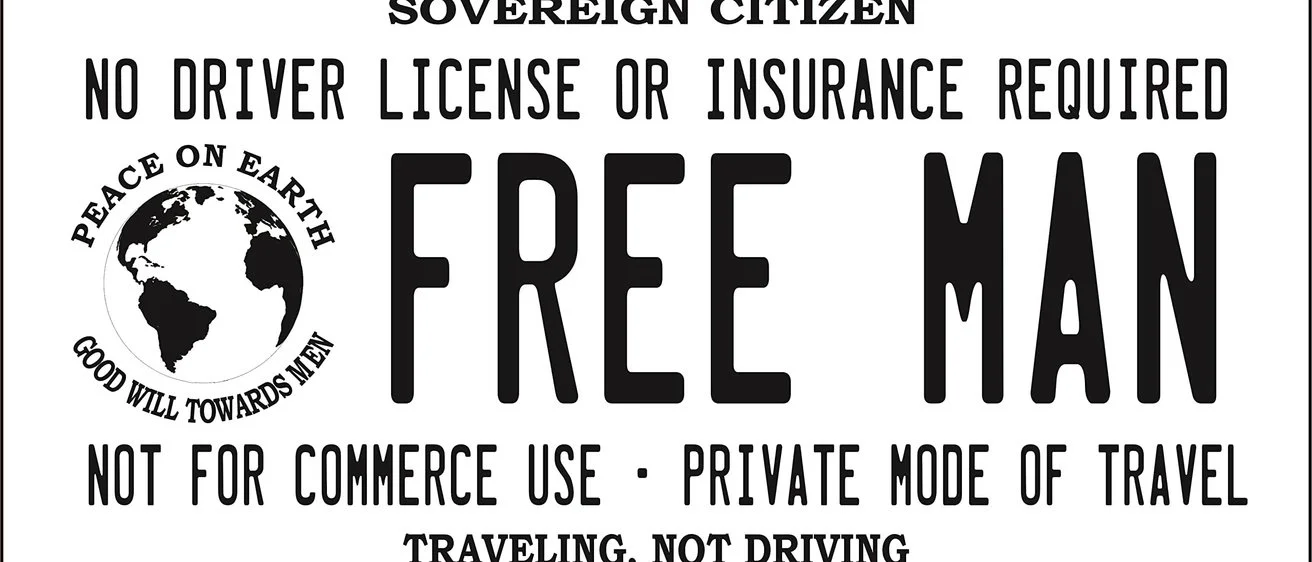
Paperwork, Pseudo-Law, and Personal Sovereignty: Understanding the Sovereign Citizen
Imagine you are driving down the road when the lights of a police car suddenly appear behind you. After pulling to the side of the road, the officer informs you that you were speeding and issues a citation that will cost hundreds of dollars. It would be nice if a single phrase could make the ticket go away…
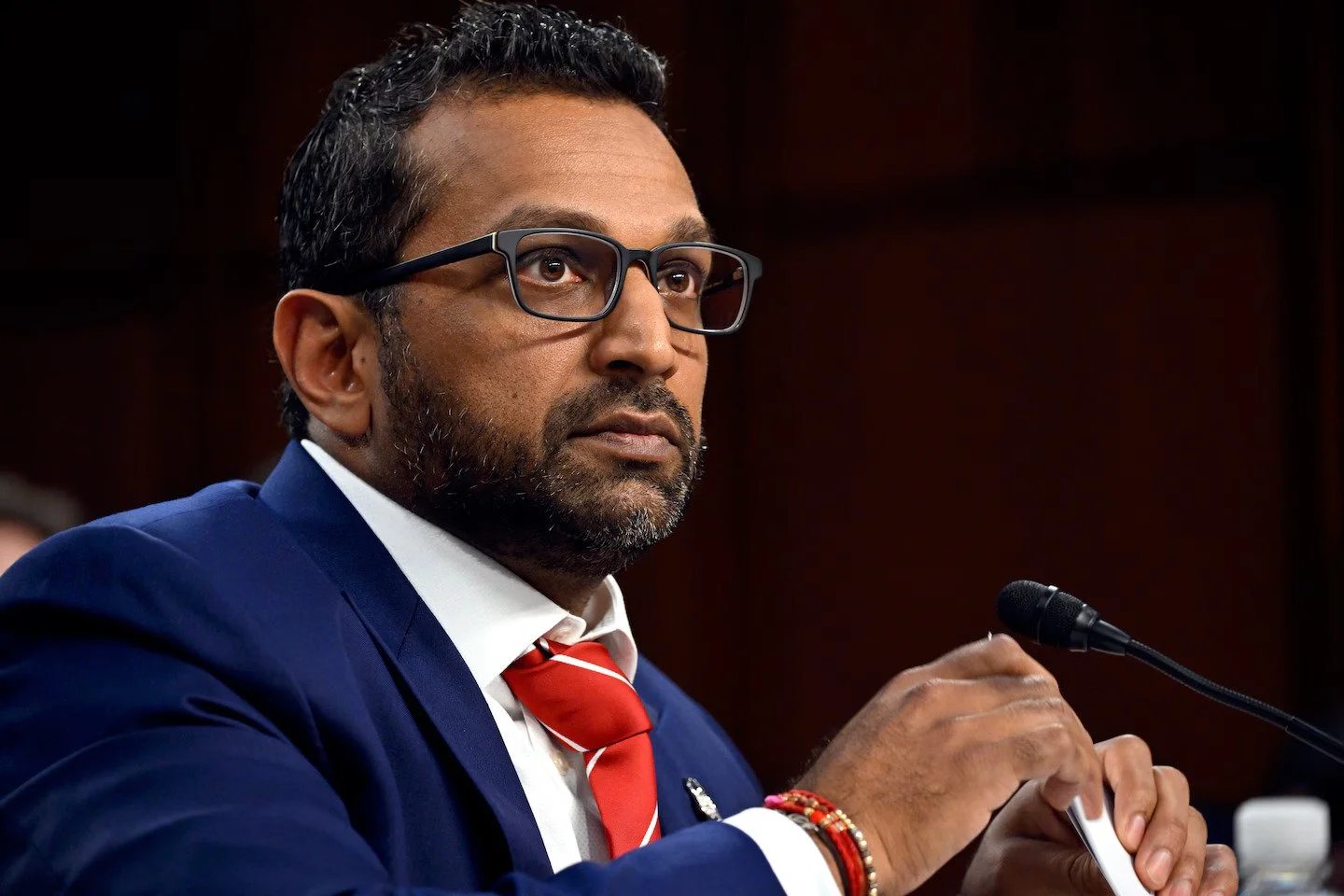
Case Highlight: Driscoll v. Patel
On September 10, 2025, three former FBI agents filed a lawsuit in the U.S. District Court for the District of Columbia, claiming they were wrongfully terminated from their positions. The plaintiffs, Brian Driscoll, Steven Jensen, and Spencer Evans, brought the suit against FBI Director Kashyap Patel…

Government Shutdowns: What Are They and What is the Status of the 2025 One?
Over the past several years, the concept of government shutdowns has become more mainstream in the news and political discussions as party polarization creates legislative obstacles. Government shutdowns occur when the United States Congress fails to pass a bill outlining the federal government's spending for the upcoming fiscal year…

Life After Dobbs: The Changing Framework of Reproductive Rights in the United States
A constitutional foundation altered, shaken, and dismantled. Since the decision of Roe v. Wade in 1973, the United States has recognized abortion as a constitutional right. This was then reaffirmed in Planned Parenthood v. Casey in 1992…

Default by Design: The Antitrust Battle Between the U.S. and Google
Curiosity may not kill, but it always leads to a search for answers that can be found at the tip of one's fingers. This begins with a website called Google, a popular search engine that has taken over everyday lives. Its market share of searches is consistent at 90% on computers and 95% of searches on phones. The success was short-lived…

Case Spotlight: President and Fellows of Harvard College v. United States Department of Homeland Security
In a press release dated March 31, 2025, the United States federal government announced that they would be performing a “comprehensive review” of federal grant money and contracts given to Harvard University. This review, led by the Departments of Education, Health and Human Services, and the U.S. General Services Administration, aims to combat and eliminate “anti-Semitic” harassment on college campuses…

Bartz v. Anthropic: The Most Pivotal AI Lawsuit You’ve Never Heard Of
The question of what is to be done with regard to training Large-Language AI models (LLMs) on copyrighted data is a question that has permeated the minds of content creators around the world, and none more so than authors…

Exploring Noem v. Perdomo
On September 8, 2025, the Supreme Court in Noem v. Perdomo ruled in a 6-3 decision permitting federal immigration officials to conduct detentive investigative stops based on four reasonable-suspicion factors…
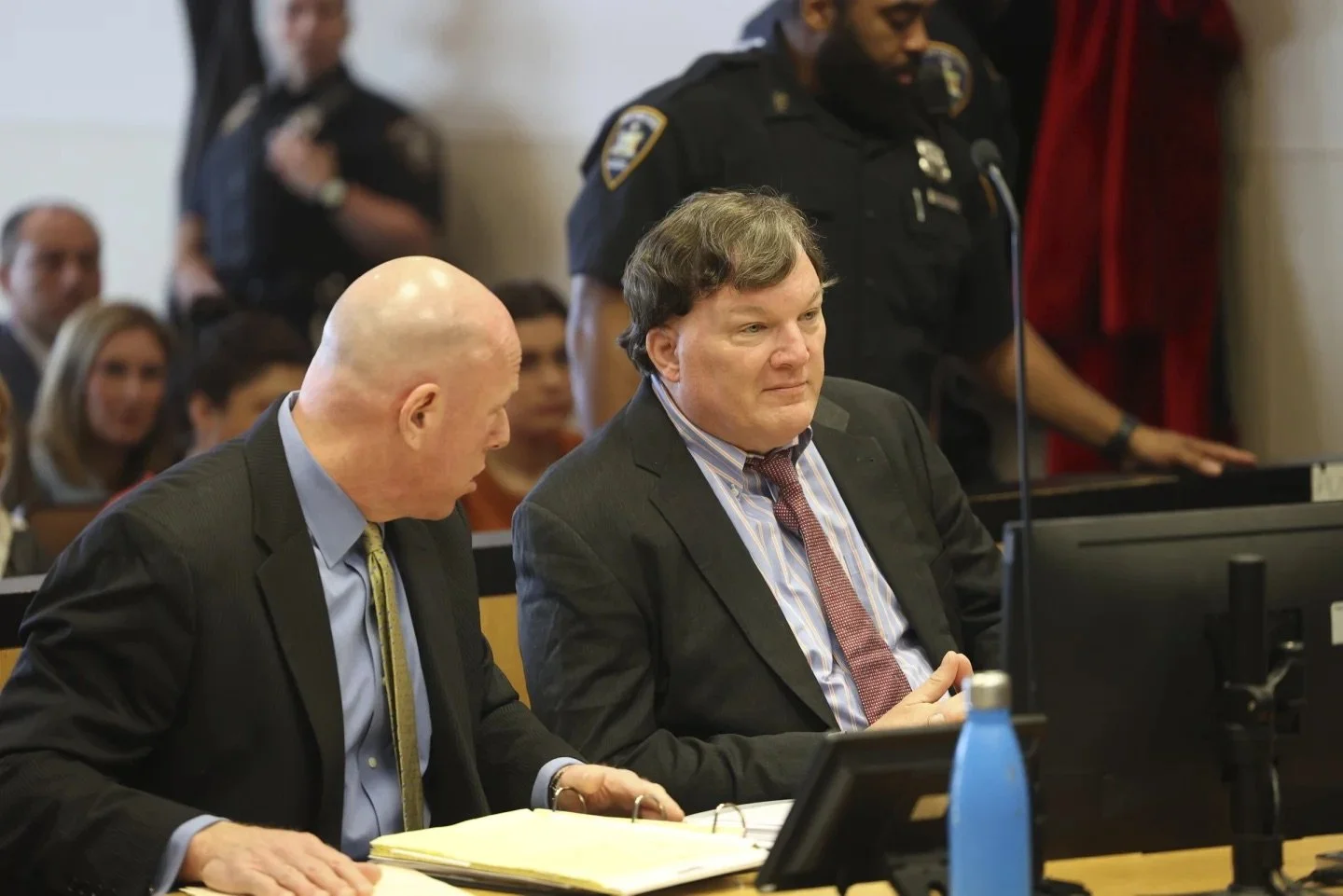
It's a match! An analysis of the admissibility of novel scientific evidence in the Gilgo Beach murder trial
The Gilgo Beach murder case began when a woman named Shannan Gilbert went missing. While searching for Shannan amongst the Long Island marshes, investigators found four new bodies. The women were all wrapped in burlap near Gilgo Beach. They suspected that the same person was behind the death of the four women…

The Take It Down Act: Constitutional or Corrosive?
"Deepfakes" are videos, photos, or audio that are generated with AI. The face-swapping technology that Deepfakes are known for has resulted in the creation of many explicit videos where the face of the original pornactor has been replaced with someone else's, usually without consent…

The firing of Rebecca Slaughter: Another move in the battle between Trump and independent agencies
In March 2025, Federal Trade Commission Commissioners Rebecca Slaughter and Alvaro Bedoya received emails from the Trump administration that outlined their immediate removal from the agency without cause…

Game Over for Amateurism? The New Economics of College Sports
For more than a century, the NCAA has defended the principle of "amateurism" as the line that distinguishes college sports from professional athletics. Athletes could receive scholarships, housing, and modest stipends, but never direct compensation for their efforts. That system has been unseated with remarkable speed…

Congressman to Convict: George Santos’ Sentencing
Former Congressman George Santos has been in the news hundreds of times since he was elected as representative for New York's third congressional district. Mostly, these stories discuss Santos' many lies. For instance, Santos once said he was Jewish, but that was soon disproved…
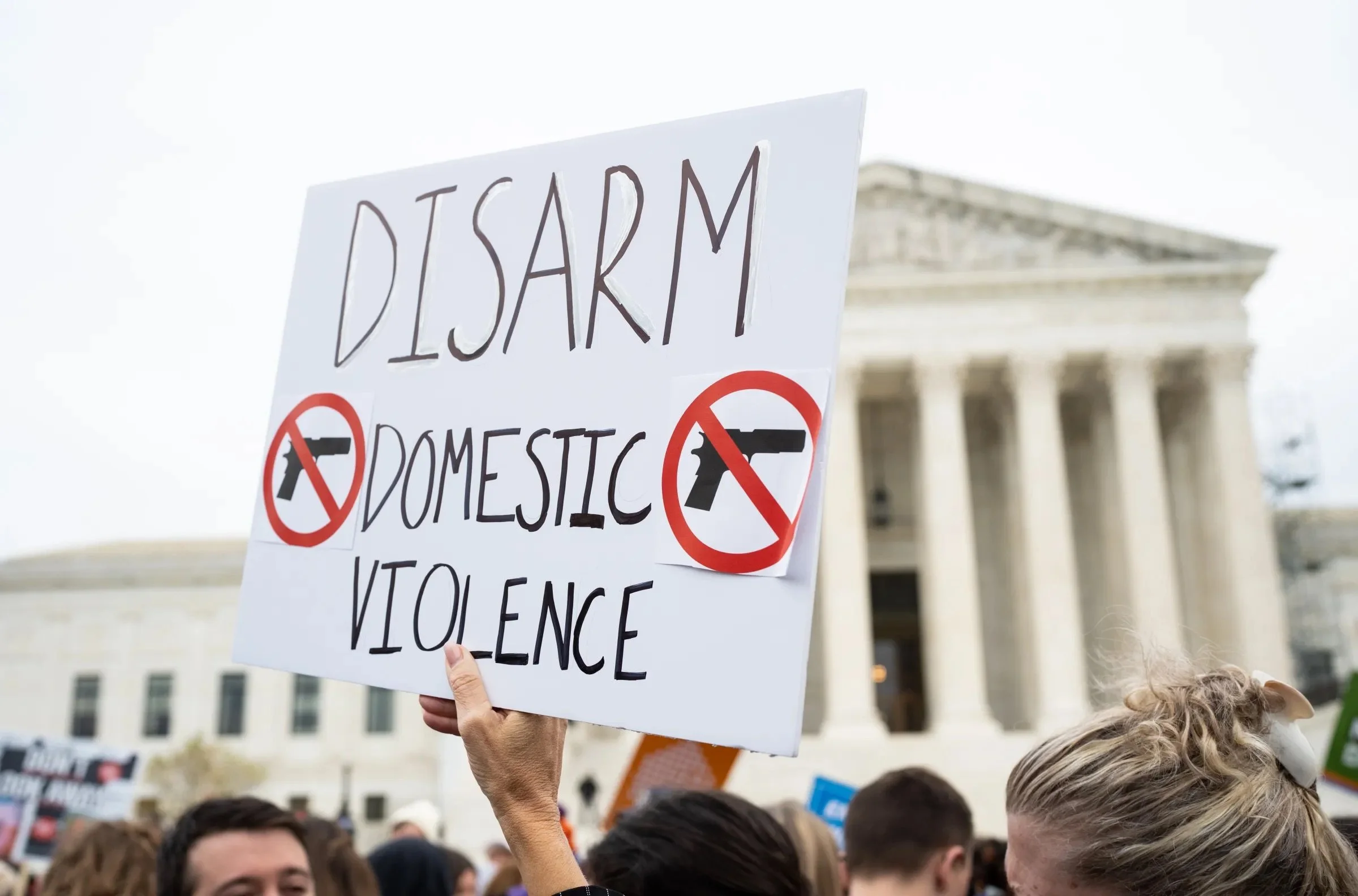
Exploring United States v. Rahimi
In United States v. Rahimi, the United States Supreme Court upheld a federal statute, 18 U.S.C. § 922( g) (8), which prohibits individuals who have a domestic violence restraining order from possessing a firearm.

The Cost of Criminality: Understanding North Carolina’s Habitual Felon Act – Three Strikes and you’re out
The Three-Strikes Rule, commonly known in North Carolina as the Habitual Felon Act, enacted in 1994, has shaped how the state punishes repeat offenders. The law states that a defendant receives a mandatory sentence enhancement if they are (1) convicted in federal court of a violent felony and (2) have two or more prior convictions in federal court if one is a serious or violent felony.